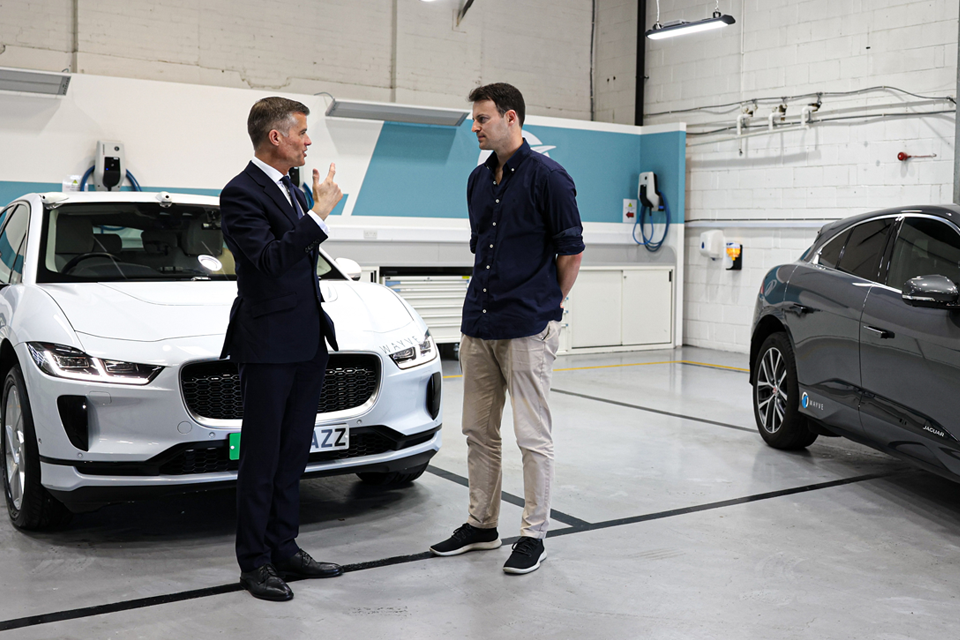Self-driving vehicles could be on British roads by 2026, after the government’s Automated Vehicles Act became law this week
Announced in the King’s Speech, the AV Act enables advanced technology to safely drive vehicles on British roads, unlocking the potential of an industry estimated to be worth up to £42 billion and creating 38,000 more skilled jobs by 2035.
Automated vehicles expected to improve road safety by reducing human error, which contributes to 88% of road collisions.
The law will require self-driving vehicles to achieve a level of safety at least as high as careful and competent human drivers, as well as meeting rigorous safety checks before being allowed onto roads.
Transport Secretary Mark Harper said: “Britain stands at the threshold of an automotive revolution and this new law is a milestone moment for our self-driving industry, which has the potential to change the way we travel forever.
“While this doesn’t take away people’s ability to choose to drive themselves, our landmark legislation means self-driving vehicles can be rolled out on British roads as soon as 2026, in a real boost to both safety and our economy.”
Between 2018 and 2022, the UK self-driving vehicle sector alone generated £475 million of direct investment and created 1,500 new jobs. Self-driving vehicles could support areas previously impacted by driver shortages, such as haulage, and where work can be dangerous, such as mining.
The act delivers the most comprehensive legal framework of its kind worldwide, setting out who is liable for AVs meaning that drivers can be assured that, while their vehicle is in self-driving mode, they will not be held responsible for how the vehicle drives. For the first time, corporations such as insurance providers, software developers and automotive manufacturers can assume this responsibility.



